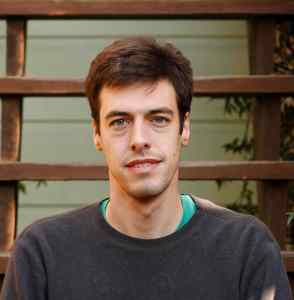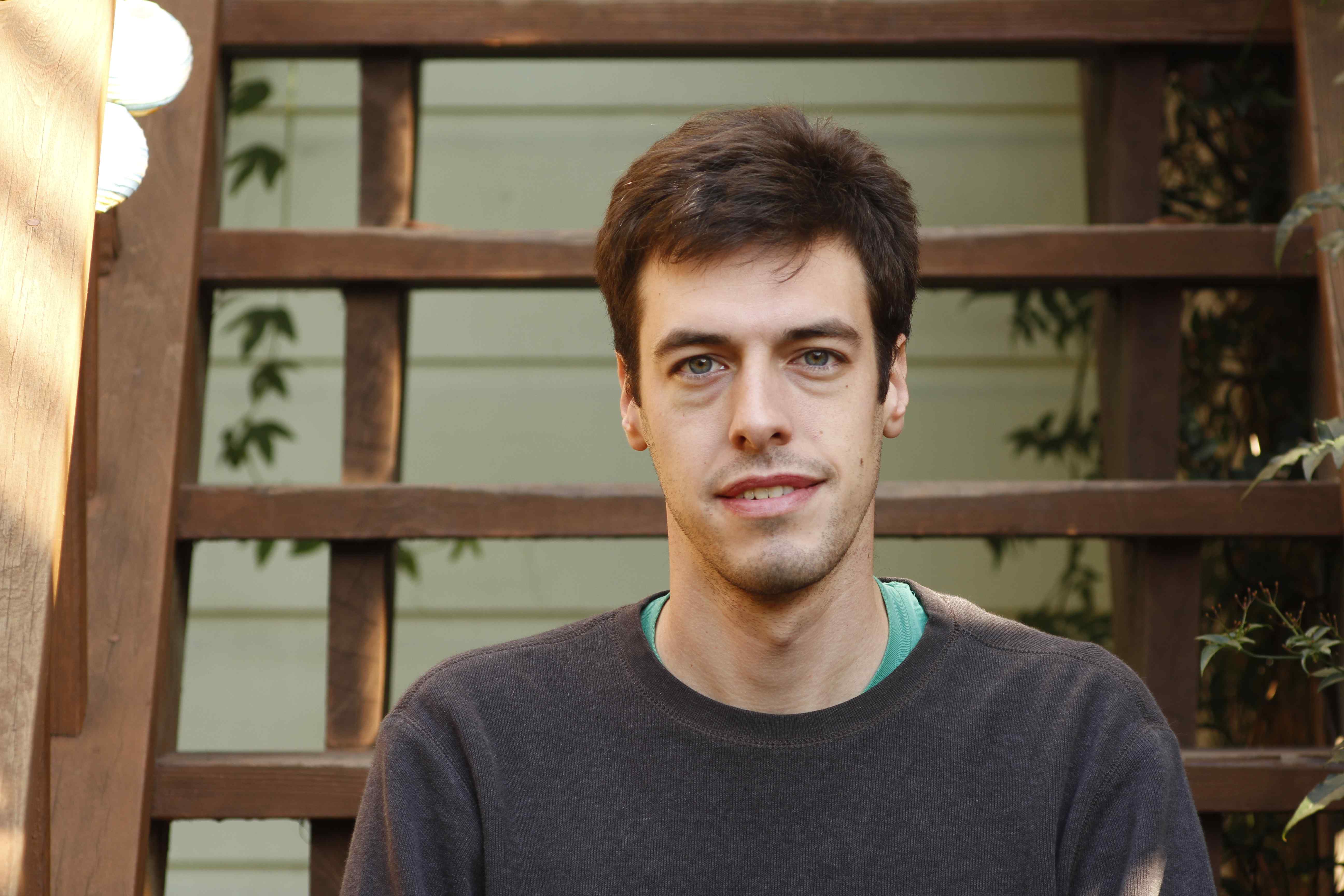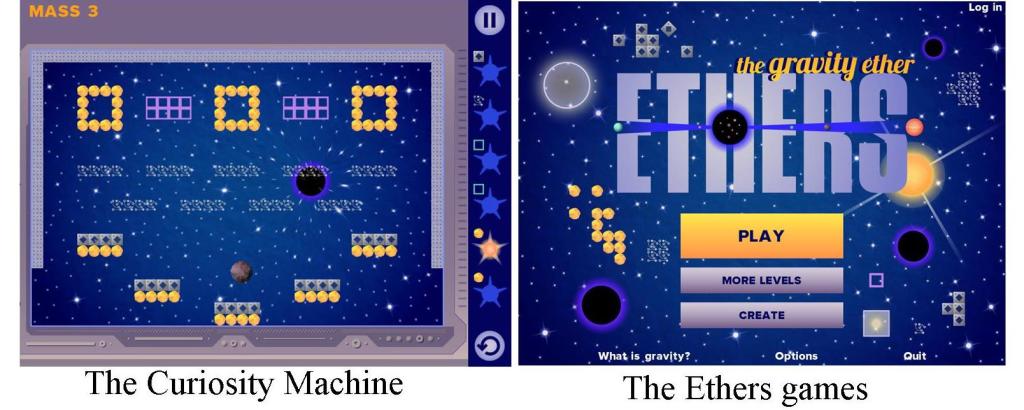Innov8tiv 1o1 W/ Kevin Miklasz, A Techie Using Science, Education, Games and Food To Change The Bronx
Kevin Miklasz has an interests revolving around science, education, games and food. He holds a PhD and his dissertation was on how size and shape affects the physics of small algae. He has a deep science research interest in using physics and engineering to understand why organisms appear the way they do.
Currently Kevin works for a non-profit organization dubbed Iridescent as the Director of Digital Curriculum. Iridescent together with other partners will be holding a Movable Game Jam and Hacker Play Spaze at the Andrew Freedman Home, come November 22. The event will teach Bronx teens on using digital tools to creatively “hack” or customize games, images and sounds.
We caught up with Kevin, and he shared with us what he’s up to and a little bit about his journey into STEM. The following is our exclusive Q&A with Kevin Miklasz. You can also interact with him at his blogpost.
Tell us about yourself. Please mention all of your current projects as well.
I am currently the Director of Ideation at Iridescent, which basically means I’ve been taking new projects from the ground up and figuring out how to make them work. I helped design and launch the Curiosity Machine, The Ethers games, an online science communication course for professional engineers, and Movable Game Jams.
I’ve been at Iridescent for 2.5 years, before which I was getting my PhD in Biology from Stanford University, and volunteering with Iridescent as a science mentor.
Tell us more about Iridescent
Iridescent is a non-profit that run afterschool science and engineering programs for underserved communities. Iridescent‘s mission is to inspire the next generation of students to imagine, invent and engineers. Iridescent has a variety of programs to accomplish this, spanning the K-college age range.
We know that you like to create games, what motivated you to want to use games as an educational tool?


I guess I’ve always felt that on a gut level, every game is about learning, it’s just that most of them are not obvious about it. So, I wanted to make more obviously educational games, games that could be valued by school but were still as engaging as your typical AAA game.
Also, game design and game modding have become more prevalent in the gaming community, and I think they tie in so well to the Maker movement and project-based based learning- basically having kids learn by making stuff.
I felt like games now have the potential to go beyond just play into the realm of creating, which enables a whole new type of learning I didn’t have access to as a kid. So I didn’t just want to make a game, but I wanted to make a platform for making games, which is why the Ether games emphasize the level editor so much.
This is also what inspired me to start the Movable Game Jam Initiative, which is a series of 3 hour events that help kids practice STEM skills through designing games. I knew I didn’t make the only good game design tool, nor was I the only educator utilizing game design as a teaching tool.
More than anything else, the MGJI is a (digital) place for all educators that teach through game design to come together, share ideas, and test those ideas out with kids in Game Jams. These events are also of course great for the kids involved, but the initiative itself involves a lot more than just reaching kids- it’s a way for game design educators to join together, share knowledge, and do more than any of us could do alone.
What impact are you hoping to have within underserved communities?
A lot of focus nowadays goes on in-school achievements- better grades, better test scores, etc. But there’s a lot that schools just aren’t set up to provide, and many times will negatively reinforce. That’s where I really like to focus, on the things that sometimes get left by the wayside at school- things I like to call “life skills”, things like creativity, persistence and curiosity.
I’m not teaching kids science so that they know science, I’m teaching them science so that they know how to solve complex problems and discover information for themselves, so that they know how to persist through a failure, so that they don’t stop at the “right answer” but keep pushing for a better understanding.
This is something that every child needs, but underserved communities are in an especially desperate need of, and will often never be exposed to without the money to attend an “enrichment” program or without some kind of intervention by organizations like us.
What stirred your interest in STEM Education and what is your career advice to college students studying STEM base courses?
Well, I came to STEM education through being a scientist. I loved doing research, but I found I actually loved teaching even more. And I felt like there was a real gap that needed to be addressed with STEM education.
It wasn’t a shortage of scientist and engineers- I know everyone lists that as THE problem, and to be honest I’m not really sure how much of a problem it is, but it sure is not my primary motivation.
My motivation is one of science literacy- science is becoming an ever-present part of society, and we continually need to make important decisions about our world, and those decisions need to be grounded in science.
To me, I’m much more interested in teaching to the non-science majors than the science majors. So my advice to the college students is- take science, no matter what you want to major in or do with your life. Odds are good, you’ll be able to do that thing better if you know how to think like a scientist, in addition to being able to think like a dancer, or athlete, or writer, or accountant.
Plus, the world is pretty weird, and it’s pretty fun to figure out how it works, so you might just enjoy science too.






